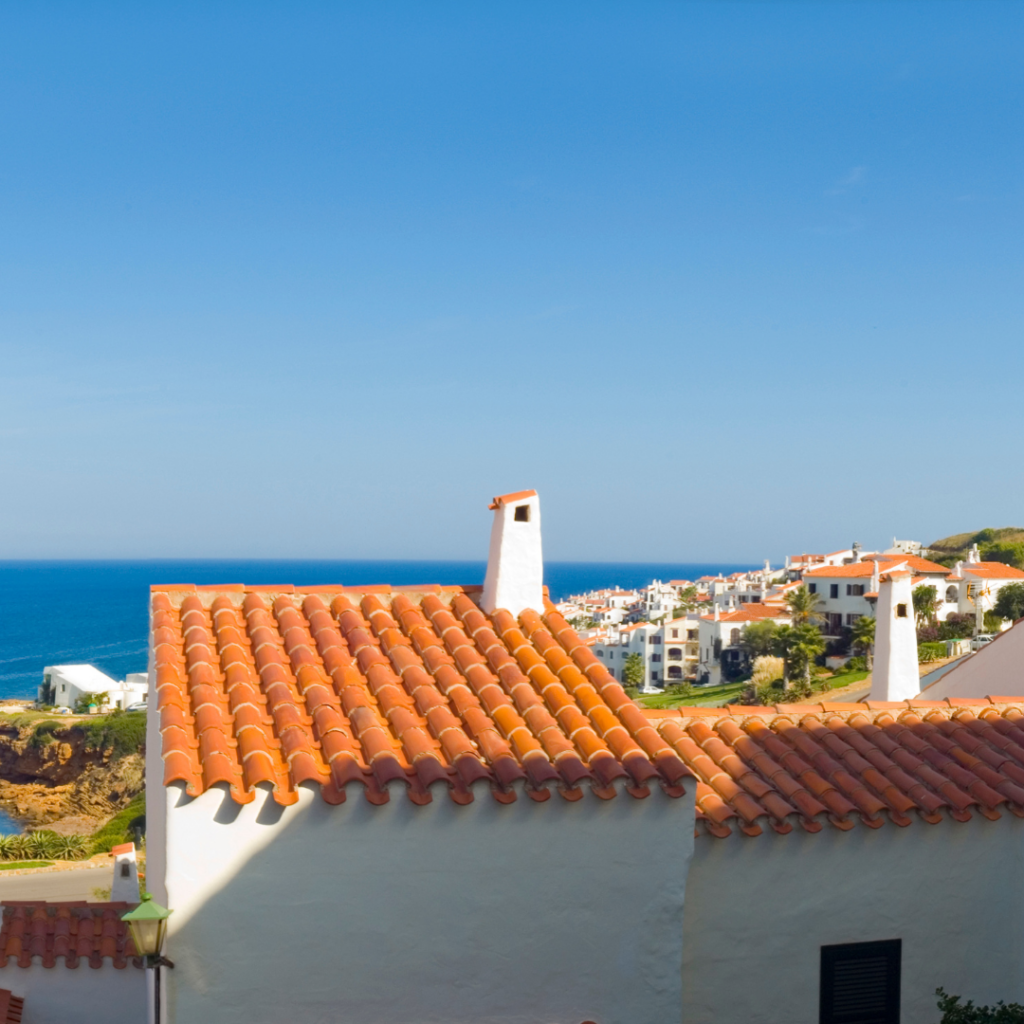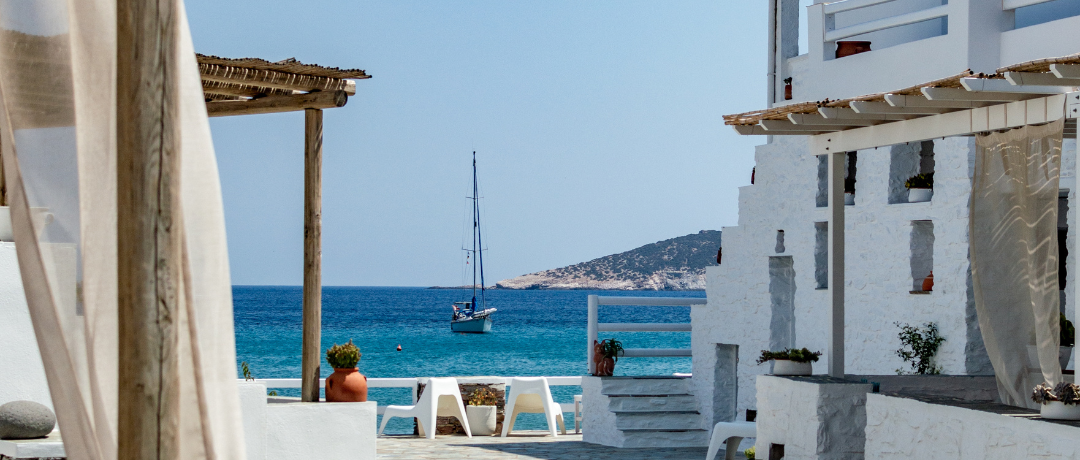Spain is expecting a sudden increase of apartments being put up for sale. In recent years, many
landlords have shifted from renting apartments traditionally to entering the tourist apartment
industry. This was due to a fear of tenant payment default and the larger profits often seen in the
tourist apartment rental sector. However, this sector may shrink or even disappear given the
new regulations surrounding Tourist Use Housing (VUT) and the market’s expansion. The
regulations are meant to limit negative social impacts of VUTs, but enforcement has been
inconsistent so far.
Real estate agencies and experts predict that these new regulations combined with landlords’
fears of rent default will result in a large quantity of tourist apartments being put up for sale. This
leads some to believe that buying property in Spain may become more accessible, especially
for foreigners.
Tourist Rentals Dominating the Market

Large cities in Spain have seen especially high concentrations of tourist apartments in recent years, with the country having over 350,000 in 2024. The growth of this industry, while profitable, has had negative effects on local residents of these large cities, causing a shortage of rental housing and driving prices upwards. In some neighborhoods, the tourist apartment concentration has reached 60% of the occupancy.
Though local residents suffer from the presence of these apartments, the profitability of these Spanish investment properties is undeniable. In luxury destinations like the Balearic Islands, some rental apartments can give landlords an income of €2,500 a month, much more than what a traditional long-term rental would give. However, concerns from local communities still persist due to the limited availability of affordable housing in these large cities.
Addressing the Issue
Various regulations have been introduced by the Spanish government and regional authorities,
in order to mitigate the social and economical impacts of these tourist rentals. Owners must
have proper permits to operate, and without proper registration some cities have increased the
penalty to up to €400,000 for landlords. The Canary Islands implemented a new law requiring
90% of buildings to remain residential and not for tourism use. One of the most significant
changes involves amending the Horizontal Property Law, which now allows residential buildings
to ban tourist rentals if 60% of the property owners agree. All of these policies are meant to
protect the rights of residents and reduce tourist disruptions.
Finding the Balance
Social tensions are met with undeniable economic benefits when it comes to tourist rentals.
These apartments boost spending for businesses in the surrounding area, generating revenue
for more than just the landlords. However, they also are slowly pushing out long-term residents
by driving prices up. A balance must be found between reaping the economic benefits that
tourism brings with preserving the integrity of these rich neighborhoods throughout Spain.
While the future of tourist apartments in Spain remains uncertain, many are hopeful of what
these new regulations will bring. However, results will require greater enforcement and effective
implementation, leaving many open questions on the effectiveness of these new policies.
Looking to invest in Spain’s tourist apartment market?
With new regulations shaping the future of the tourist apartment sector, now is the perfect time to explore investment opportunities in Spain. As many landlords shift away from traditional rentals, a surge of tourist apartments may soon hit the market, offering a unique opportunity for foreign investors. Whether you’re seeking high rental yields in prime locations like the Balearic Islands or navigating regulatory changes, our team at IPTW Consulting is here to guide you.
Contact us today to learn how we can help you make the most of Spain’s evolving property market. Fill out the form below, and one of our specialists will get in touch to provide personalised advice on investing in tourist apartments.



